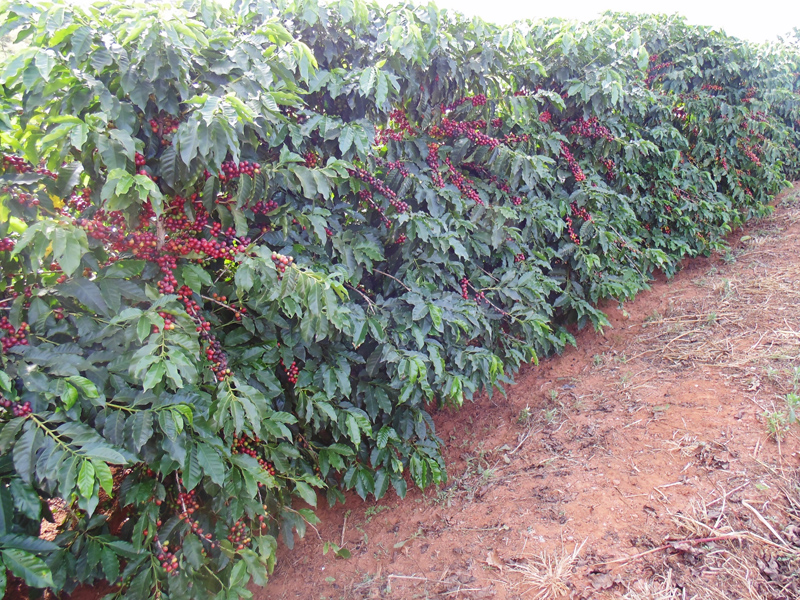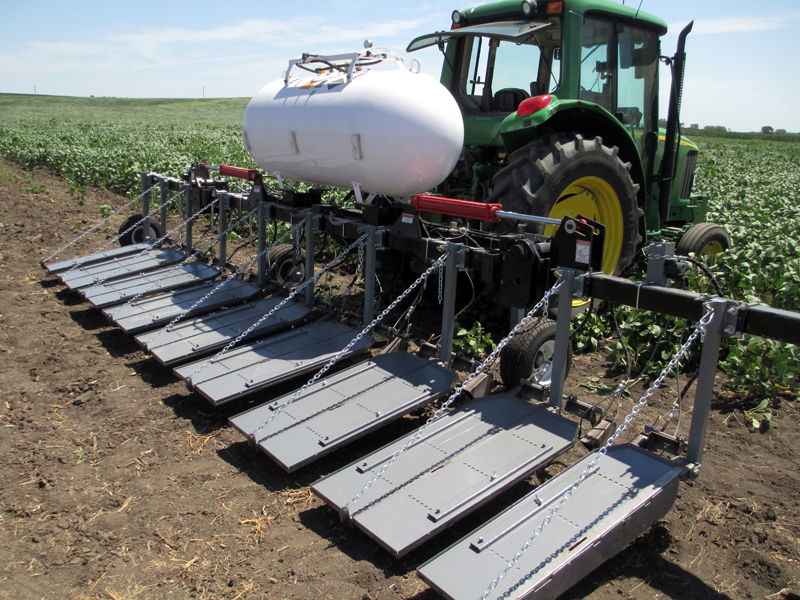Equipment and Machinery

Coffee is one of Brazil’s biggest crops. Brazil’s favorable climate helps coffee beans ripen and be ready for picking during a concentrated period of weeks. This makes mechanical harvesting an economically reasonable choice.


A (wo)man is only as good as his or her tools. In the case of soil scientists, they are only as good as the tools and methods they use. And when it comes to estimating soil organic carbon stocks, new research shows not all tools give the same results.


Interest in organic farming is growing. However, controlling weeds without synthetic herbicides, as organic certification requires, is challenging. Scientists are studying alternative tools for weed management. One such tool is propane-fueled flame weeding.


Farmers make a lot of decisions. One of the most important is how much fertilizer to apply to their crops, and when to apply it. Applying more than necessary or at the wrong time can waste resources, impact the environment, and cut into narrow profits.


We often “flush it and forget it” when it comes to waste from toilets and sinks. However, it’s important to be able to track this wastewater to ensure it doesn’t end up in unwanted places. A group of Canadian scientists has found an unlikely solution.

Farmers and gardeners know their soil texture can make a big difference in their success. Different plants have different needs for water, nutrients, and air. When they grow in soil that has the right texture, it is easier to deliver the right amount of water, fertilizer, or pesticide to the plants. Then they grow better.

Producers sometimes face challenges that go deep into the soil. They need answers to help the soil, on site. A portable field sensor can accurately measure minerals in soils more easily and efficiently than existing methods. And a research team, including a middle school student and her scientist father, can confirm it.


